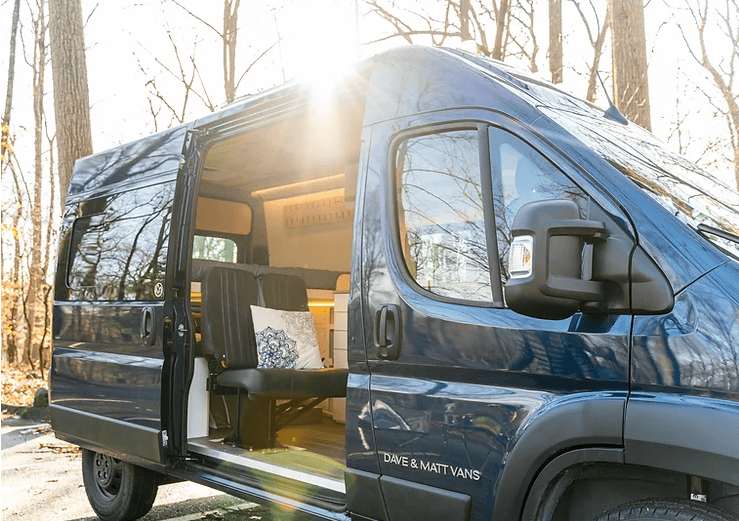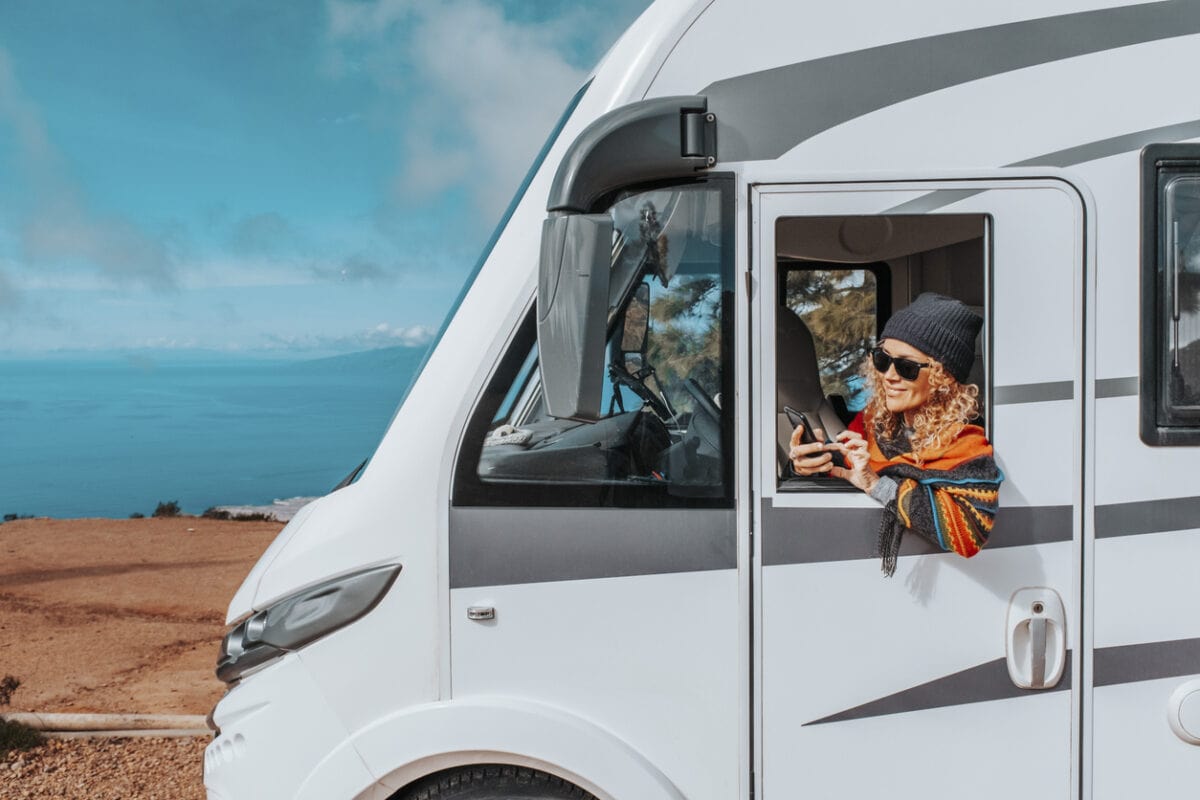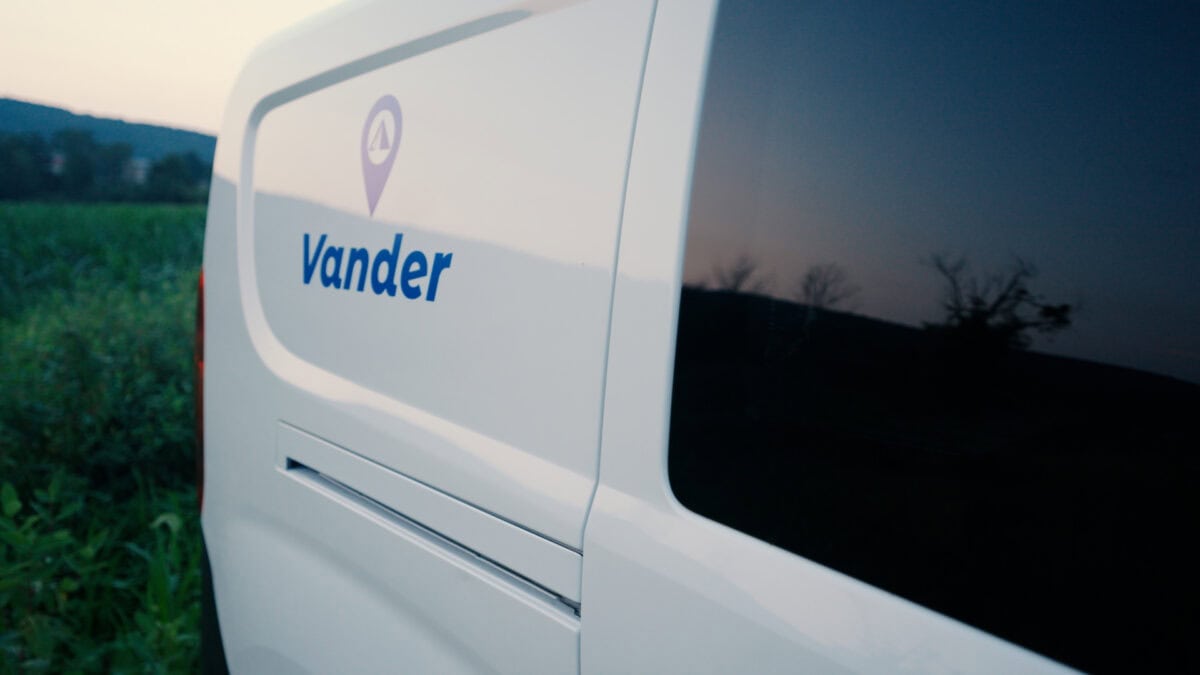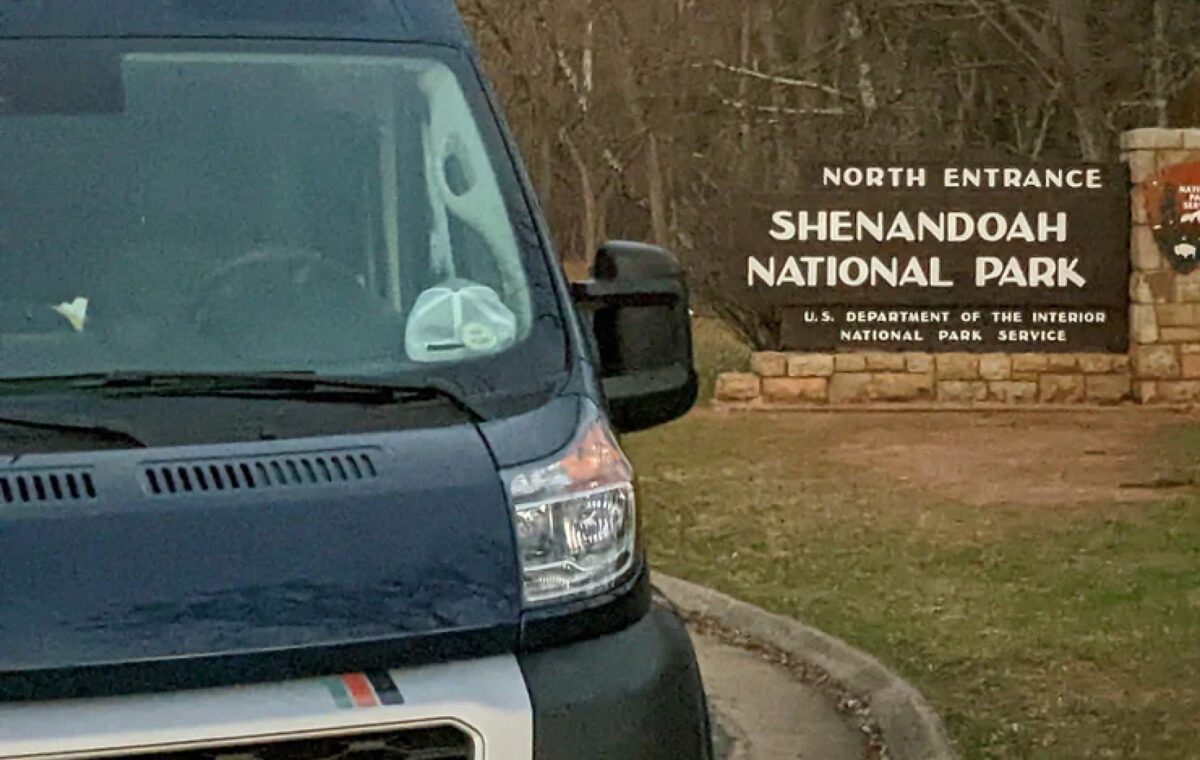Owning versus Renting a Campervan

At first glance, the cost of renting a campervan for a week or two might seem prohibitively expensive, and given current economic conditions, everyone understandably wants to stretch their dollar as far as it will go. When compared to the total costs of campervan or RV ownership, however, the rental option turns out to be a relatively reasonable option for people who are looking for the unique experience of a campervan road trip without all of the overhead associated with owning one. For people looking to go full time #vanlife, or who travel often, buying a campervan that is tailored to their requirements may make the most sense. For others, renting a campervan for a specific adventure lets them only pay for the time they travel.
This post breaks down the various costs of campervan ownership compared to rental costs. Read through our thoughts, let it sink in, then comment on whether you would be a campervan renter or a campervan owner!
What are the Costs of Owning a Campervan?
Purchase
The direct cost of owning a campervan, the purchase price, can vary greatly depending on whether buying new or used, the size of the camper, the base vehicle value, the quality of the campervan build, and the options and capabilities selected. A new Class B campervan can range in price from around $100,000 to upwards of $300,000 for the fanciest models. That is an eye-popping sum of money for those of us who remember when these numbers would buy a house. Looking at general automotive financing these days, a 60-month note on a new campervan at the lower end of the at price range would be over $1,800 monthly payment, assuming 5% interest rate an $0 down payment. Some institutions offer mortgage-like loans with terms up to 20 years, which brings down the monthly payments, but greatly increases the amount of interest paid over the life of the loan. Another major downside to these longer terms is that unlike historical real estate trends, recreational vehicles will start to lose their value immediately after purchase, meaning most owners will end up underwater on these loan . While campervans tend to devalue slower than other recreational vehicle categories, they will inevitably lose value with every mile driven and scratch in the paint.
Custom-built vans have the greatest eye appeal, but also command a premium since these production methods do not benefit from economies of scale. On the other hand, the models churned out by the major manufacturers tend to have lower build quality and lack a lot of the charm and authenticity that campervan enthusiasts crave.
Insurance
On the bright side, insurance companies that cover RVs usually charge lower premiums because it is expected that the RV will not be a daily driver, and will therefore spend less time on the road with less opportunities to get in accidents or be damaged.
Storage
Some people have property or driveway space available to park a larger vehicle when not in use, but many people do not enjoy this luxury, whether due to physical space constraints, community HOA rules, or local laws. Storage facilities offer a secure and insured location to park a rig, but these may not be convenient to where you live and will incur fees of several hundred dollars per month, depending on location and the facility’s amenities.

Maintenance
Campervans are motor vehicles and require adherence to a basic preventative maintenance routine in order to continue providing reliable and comfortable transportation and accommodation during your adventures.
- Oil changes (synthetic) every 5,000 miles
- Tire rotation every 5,000 miles
- New tires replace every 50,000 miles or as needed
- Brakes (pads and/or rotors) according to wear
- Wheel alignments
- Filter replacement
- Scheduled Transmission services
In addition to the standard vehicle maintenance, the campervan or RV is also equipped with a number of complex life-support system (electrical, refrigeration, cooking, plumbing, etc) that are most likely specific to that model. If something stops working, these systems may require a specialized RV mechanic to repair, often at a higher rate for parts and labor, and with a wait time of weeks to months.
Inspection and Registration
Annual vehicle registration with local authorities and state safety inspections will tack on some additional expenses. In the state of Virginia, the safety inspection costs $28 and registration is over $40 annually.
Property Tax
Some localities collect property taxes annually on vehicles, usually as a percentage of the vehicle’s assessed value, which can add up to thousands of dollars per year. If you do not live in one of these localities, consider yourself lucky, because this yearly bill from the tax collector is always an unpleasant surprise in the mailbox.
Roadside Assistance
Policies to cover breakdown, tire failures, and other roadside occurrences can be purchased through AAA, Good Sam, and others, usually on an annual basis between $100-$200. This coverage is a sound investment in your peace of mind while on the road in unfamiliar territory.
What are the Costs of Renting a Campervan?

Nightly Rental
The nightly rental cost is calculated to ensure sufficient revenue to cover overhead and operational costs of our campervans and still provide a competitive price for our customers. The pricing varies by model, season (lower over the winter months) and length of trip (discounted weekly rental rate is available).
Insurance
Vander requires use of our specialized RV rental liability insurance policy, due to the unique nature of RV rental coverage in the auto insurance industry. Our rates are compare very favorably to the secondary coverages that are available on the major peer-to-peer rental platforms.

Roadside Assistance
While we service and maintain our vehicles on a strict schedule to ensure reliability, these are motor vehicles and sometimes components break or unavoidable events leave a traveler stranded. As a result, roadside coverage is a requirement for all rentals, and we offer competitive rates through CoachNet. If you already have equivalent coverage through another source, such as AAA, we will gladly remove the charge for roadside assistance upon receipt of current and valid policy documents.
Virginia Motor Vehicle Rental Tax (MVRT)
The state of Virginia requires a 10 percent tax on all vehicle rentals, distributed to the state and localities. This MVRT is higher than the regular Virginia state sales tax, but is a standard rate for all vehicle rentals in the state.
Prep Fee
Each Vander campervan goes out cleaned, sanitized, and fully equipped for its next adventure, and we apply a flat prep fee to cover costs of cleaning supplies, replacement of consumable items, and the last day of insurance.
Hybrid

Cannot decide? Totally understandable, there are a lot of variables to consider, and all of them are unique to your circumstances. But the great news is that you don’t have to make an uninformed decision. Even if you are 99 percent sure that you want to be an owner, it doesn’t hurt to try out a campervan rental for a weekend to test drive your assumptions about how you want to travel. Take one of ours for a spin before you plunk down all of the money and time on buying your own. Try out the features you think you need, maybe they are not as essential to fun and happiness as you initially thought. Maybe you really need a capability that you thought you could forgo. Don’t guess about such a major investment. Experiment with different models and test your assumptions, before settling into your dream campervan.
So, what do you think? Are you an owner or a renter? What makes the most sense to you? Have we missed any expense categories? Scroll down and comment, we would love to hear your thoughts.
Share this post






